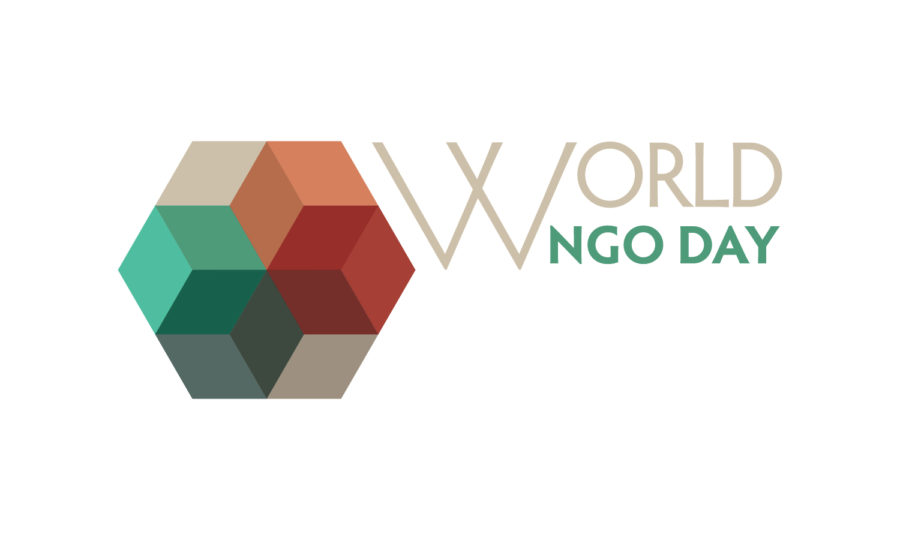27 February is ‘World NGO Day’, a chance for all of us to reflect on the vital contributions made by Non-Governmental Organisations, also known as Civil Society Organisations. What do we mean by that? Anything that brings people together in the space outside of governments and business (hence the term ‘third sector’), from sports clubs to humanitarian actions, groups campaigning for cleaner air to religious communities.
I’m a big fan of civil society organisations. But I should declare an interest – before I became a diplomat I worked in a large international NGO, the development charity Oxfam. The transition from civil society to government was not so big in some ways – Oxfam is about the same size as a UK ministry – but it did require a change in mind set, from pressuring politicians to make policies, to supporting them in implementing them.
My experience so far in BiH is that many people are involved in civil society organisations, whether or not they think of them in those terms. On Sunday I went to Jahorina to participate in the ‘Trka za Zivot’ (race for life), putting on my snowboard to raise money for children needing urgent and expensive medical treatment. This morning I opened a package and found my own personal copy of ‘Zene BiH’, a brilliant book about just some of the exceptional women of this country, crowdfunded with people across the country. And I was really pleased to attend the opening of the Merlinka LGBTQ film festival, here in Sarajevo. In all these cases committed and talented citizens came together to make the country, and world, a better place for all of us.
So why do we need NGOs or civil society in BiH? Is it just a symptom of a failure of government or the private sector? Absolutely not. I would see such organisations as a function of the most basic human need to express ourselves, and to join with others in having that voice heard. We express our democratic rights through elections, but between those votes we have the opportunity, if not the obligation, to call for the things we want to see change. There is power in common purpose, it is energising and empowering to find others with whom we can work together.
And civil society in BiH and elsewhere is not only about improving or expressing ourselves. Organisations acting in the public interest, but not for profit, help to make both government and business better. One of the ways they do this is as watchdogs, holding elected officials and others to account on things they are supposed to do, promoting transparency and accountability. They do this by advocating, raising wider awareness of issues and groups, especially those that might be easily neglected or overlooked, and encouraging positive change. And sometimes they do fill a need that is not yet being met by either government or the market, while at the same time pushing for that need to be met in the future.
Civil society also has an important job to play in ensuring that citizens remain at the centre of efforts to improve the country. The UK Embassy recently brought together a number of CSOs, together with business groups, to discuss the kinds of social and economic reforms they want to see from incoming governments in BiH. They provided a wealth of practical ideas on how to deliver changes which benefited daily life of people, which we are now taking up with politicians at all levels.
I want to take this chance to mention some other BiH examples of the great work done by civil society organisations. I meet regularly with the local branch of Transparency International, an international NGO tackling corruption, to support their work to improve the fight in BiH. Last week I watched as the organisers of the Diplomatic Winter Bazaar, an event staffed by internationals but embraced by people, handed over cheques to groups supporting children in need across the country. During last year’s elections I saw many representatives of ‘Pod Lupom’, an NGO network dedicated to preventing abuses and improving the election process. ‘Zene sa Une’ is a community group helping migrants in Bihac by introducing them to Bosnian culture. There are many, many more.
But it is also true that many of these organisations face a daily struggle to make ends meet. They rely on contributions from citizens, membership fees, and support from government or business. The UK Embassy directs some of our project assistance towards them, and we are always looking for creative ways to go further – from concerts by our embassy band to pub quizzes. We will also continue to speak up on their behalf, and in support of their work. And on a day like this, I hope we can all recognise the role they play in making BiH, our society, and world a better and fairer place for all of us to live.

